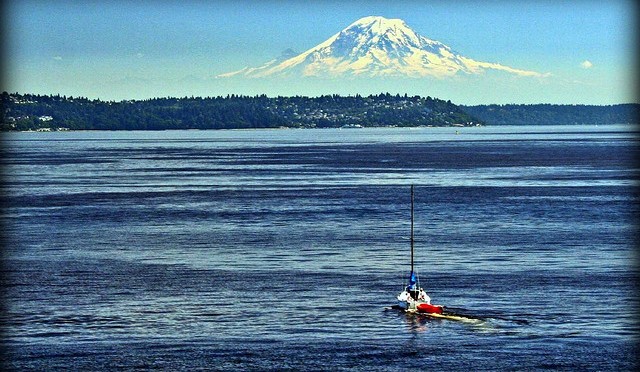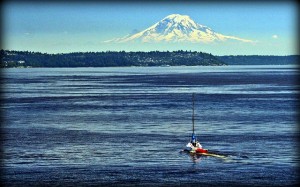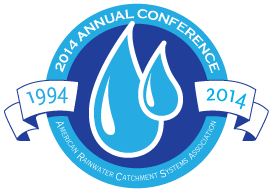 Seattle based RainBank Rainwater Collection Systems to attend ARCSA conference addressing U.S. Water Supply Challenges.
Seattle based RainBank Rainwater Collection Systems to attend ARCSA conference addressing U.S. Water Supply Challenges.
This year marks ARCSA‘s 20th anniversary, and its annual conference will put the focus on Rainwater Harvesting: Solutions to U.S. Water Supply Challenges.
The annual rainwater collection conference, to be held in Phoenix, AZ this November, will offer presentations from educators, industry professionals, and keynote speakers, with topics including legislative action, codes and standards, guidelines, along with panel discussions, and workshops centered around rainwater collection.
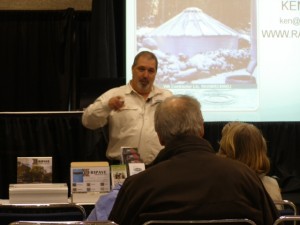 RainBank’s president Ken Blair was tapped to present a session on Urban Rainwater Collection and its effects on stormwater runoff mitigation.
RainBank’s president Ken Blair was tapped to present a session on Urban Rainwater Collection and its effects on stormwater runoff mitigation.
Additionally, Ken will participate in an advanced continuing education course to attain the designation of Inspection Specialist (IS), augmenting his already achieved, Accredited Professional (AP) qualification and lifetime member status.
Adding the IS accreditation to its list of qualifications solidly identifies RainBank as the leader in rainwater catchment systems design and installation for commercial and residential customers, especially for Seattle area customers and classifies RainBank as the most qualified, up to date, professional Rainwater Collection company in the industry.

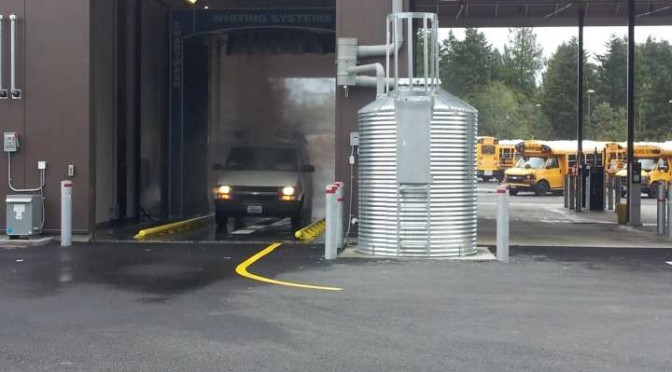
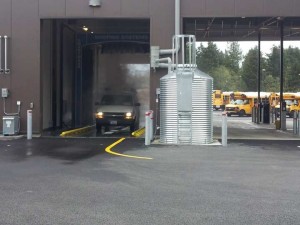 With less vegetation, more square footage of impervious surfaces, and more population density, cities contribute to the bulk of storm water runoff. Rethinking how we control storm water in our urban environments is essential to the health of our bodies of water. During large rain events, a sewer system can be overwhelmed with runoff, causing intentional releases, with pollutants entering our rivers, lakes, bays, and estuaries.
With less vegetation, more square footage of impervious surfaces, and more population density, cities contribute to the bulk of storm water runoff. Rethinking how we control storm water in our urban environments is essential to the health of our bodies of water. During large rain events, a sewer system can be overwhelmed with runoff, causing intentional releases, with pollutants entering our rivers, lakes, bays, and estuaries.